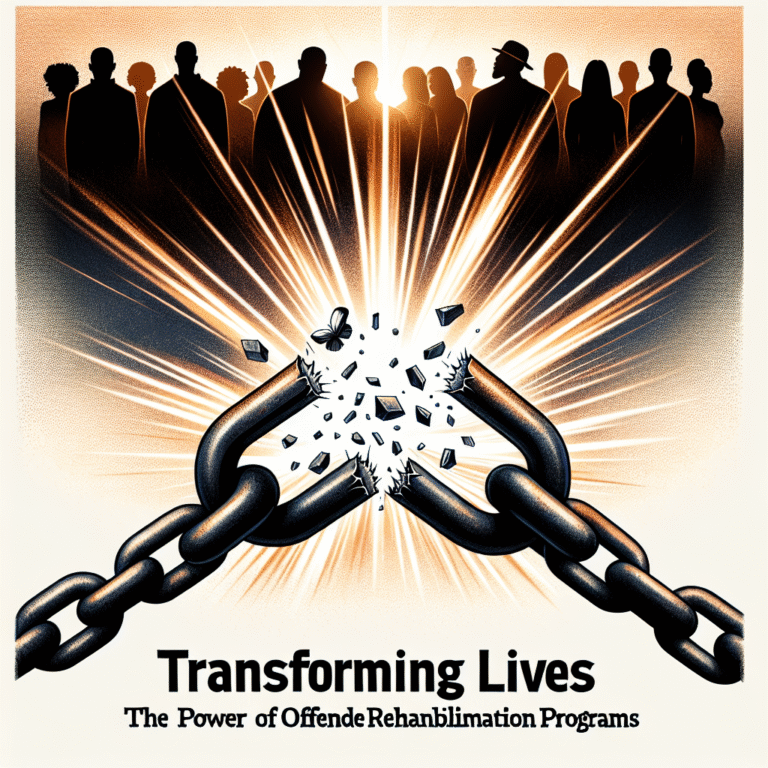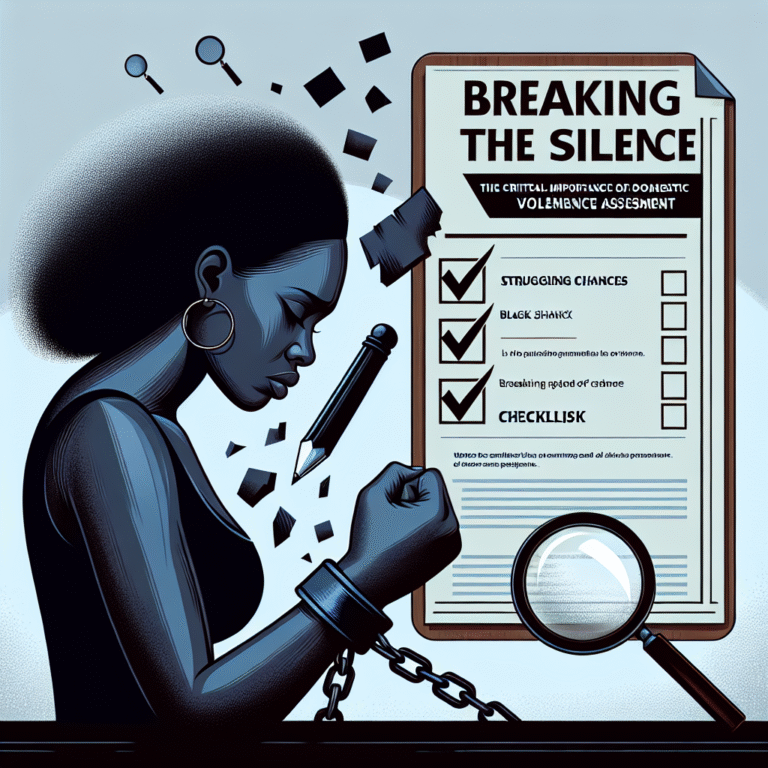
Introduction
In an increasingly unpredictable world, understanding how to navigate crises is more important than ever. When a hostage situation arises, the stakes are incredibly high—not only for the victims but also for law enforcement, negotiators, and communities. Crisis Management 101: Lessons Learned from Real-Life Hostage Scenarios explores the invaluable insights gained from past incidents, equipping readers with critical knowledge to apply in various emergencies. In this article, we dive into pivotal case studies, draw lessons from them, and equip our readers with actionable insights that transcend hostage negotiation and spill into everyday crisis management.
Understanding Crisis Management
Crisis management entails a set of processes and strategies employed to handle unforeseen circumstances effectively. The goal is to minimize impact, ensure safety, and pave the way for recovery. In hostage situations, time is of the essence; every decision made can mean the difference between life and death.
Key Components of Crisis Management:
- Preparation: Establish protocols to ensure all team members understand their roles.
- Communication: Keep lines open, both within the team and externally.
- Assessment: Evaluate the situation continuously to adapt strategies.
- Action: Implement the plan with precision.
- Debrief: Post-crisis evaluation to learn and improve.
Real-Life Case Studies
1. The 1972 Munich Olympics Terrorist Attack
Overview
In 1972, Palestinian militants took 11 Israeli athletes hostage during the Munich Olympics. The situation spiraled into a disastrous rescue attempt, resulting in the deaths of all hostages.
Lessons Learned
- The Importance of Intelligence and Preparation: Poor planning by authorities meant limited foresight into potential risks.
- Effective Communication: The breakdown in communication between police and Olympic organizers exacerbated the chaos.
Relevance: This case underscores the necessity of intelligence and clear communication in crisis management, emphasizing that careful preparation can mitigate disastrous outcomes.
2. The 1980 Iranian Hostage Crisis
Overview
Fifty-two American diplomats were held hostage for 444 days in Tehran. This protracted crisis tested the limits of U.S. foreign policy and the resilience of those involved.
Lessons Learned
- Negotiating Techniques: The absence of clear negotiation strategies prolonged the crisis.
- Public Relations Management: The U.S. struggled with how to manage public sentiment during the crisis.
Relevance: Managing public perception and establishing negotiation protocols can determine the efficacy of crisis responses, education that can be applied across sectors beyond hostage scenarios.
3. The 2013 Nairobi Westgate Mall Attack
Overview
A terrorist attack on the Westgate Mall in Nairobi led to a hostage situation that lasted several days. The event was marked by a robust response from law enforcement agencies.
Lessons Learned
- Cooperation Among Agencies: The success of operations required collaboration between local police and international agencies.
- Adaptability: Quick changes in tactics based on real-time intelligence proved crucial.
Relevance: This incident reinforces the importance of inter-agency cooperation and adaptability in crisis management—skills applicable in myriad crisis contexts.
| Case Study | Key Lessons | Application |
|---|---|---|
| 1972 Munich Olympics | Intelligence & Communication | Preemptive Planning |
| 1980 Iranian Hostage Crisis | Negotiation & PR Management | Public Perception Management |
| 2013 Nairobi Westgate Mall | Agency Cooperation & Adaptability | Cross-Agency Communication |
The Art of Negotiation in Hostage Scenarios
Negotiation is at the heart of crisis management during hostage situations. Skilled negotiators employ psychological tactics and communication techniques to manage the situation effectively.
Key Negotiation Techniques:
- Building Rapport: Establish a connection with the hostage-taker to foster trust.
- Active Listening: Displaying empathy can de-escalate tensions.
- Offering Incentives: Proposing alternative solutions can lead to resolution.
Case Study: The 1993 Waco Siege
Overview
During the Waco siege, FBI negotiators attempted to reach a peaceful resolution with the Branch Davidians, but violent conflict ensued.
Lessons Learned
- Time Management: Time can aid negotiations, as prolonged discussions can lead to surrender.
- Managing Expectations: Clear communication about what can realistically be offered keeps negotiations grounded.
Relevance: The Waco siege exemplifies how strategic negotiation can impact outcomes during a crisis.
Building a Crisis Management Plan
Creating a solid crisis management plan is essential for organizations looking to safeguard against crises. Such a plan should include:
- Crisis Response Team: Designate roles and responsibilities.
- Communication Strategy: Keep stakeholders informed throughout the crisis.
- Resource Allocation: Ensure all necessary tools and personnel are available.
Table: Components of an Effective Crisis Management Plan
| Component | Description | Key Consideration |
|---|---|---|
| Crisis Response Team | Designated personnel | Clear hierarchy |
| Communication Strategy | Information dissemination | Transparency is crucial |
| Resource Allocation | Tools and materials needed | Quick accessibility |
Conclusion
Crisis Management 101: Lessons Learned from Real-Life Hostage Scenarios illustrates that preparation, negotiation, and communication are fundamental in managing crises effectively. By reflecting on past hostage situations, we gain essential insights that can inspire proactive strategies for potential crises. Whether in safety, security, or business, applying these lessons can illuminate pathways to effective management and mitigate the repercussions of unforeseen circumstances.
In times of crisis, remember that knowledge is power. Equip yourself with insights and learn from the past to be a beacon of calm and resolve for yourself and others.
FAQs
1. What is crisis management?
Crisis management is the process of handling unexpected events that threaten an organization’s operations or people. It involves strategies to minimize damage and facilitate recovery.
2. How can I prepare for a potential crisis?
Begin by establishing a crisis response team, creating a communication strategy, and regularly conducting drills or training sessions to ensure readiness.
3. What role does communication play in crisis management?
Effective communication ensures that all stakeholders remain informed, helps to manage public perception, and can facilitate negotiation in hostage situations.
4. Why is negotiation important in hostage scenarios?
Negotiation can be the difference between life and death in hostage situations—it’s crucial for de-escalating tensions and reaching a peaceful resolution.
5. What can organizations learn from real-life hostage scenarios?
Organizations can extract lessons on the importance of preparation, collaboration, adaptability, and communication to effectively manage any crisis situation.
By exploring Crisis Management 101: Lessons Learned from Real-Life Hostage Scenarios, we hope you feel empowered to take action and lead effectively in times of uncertainty.

















